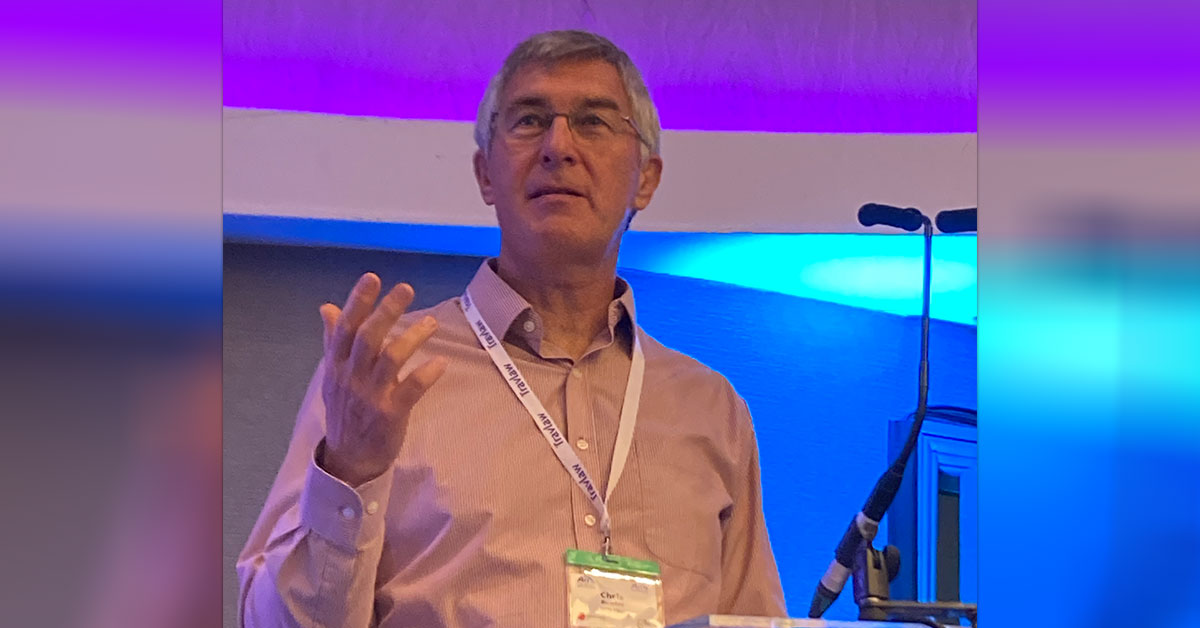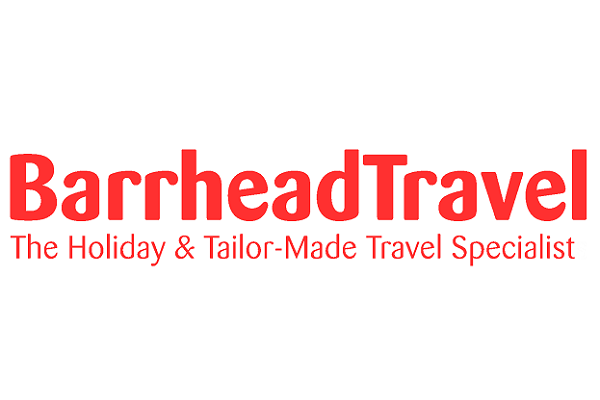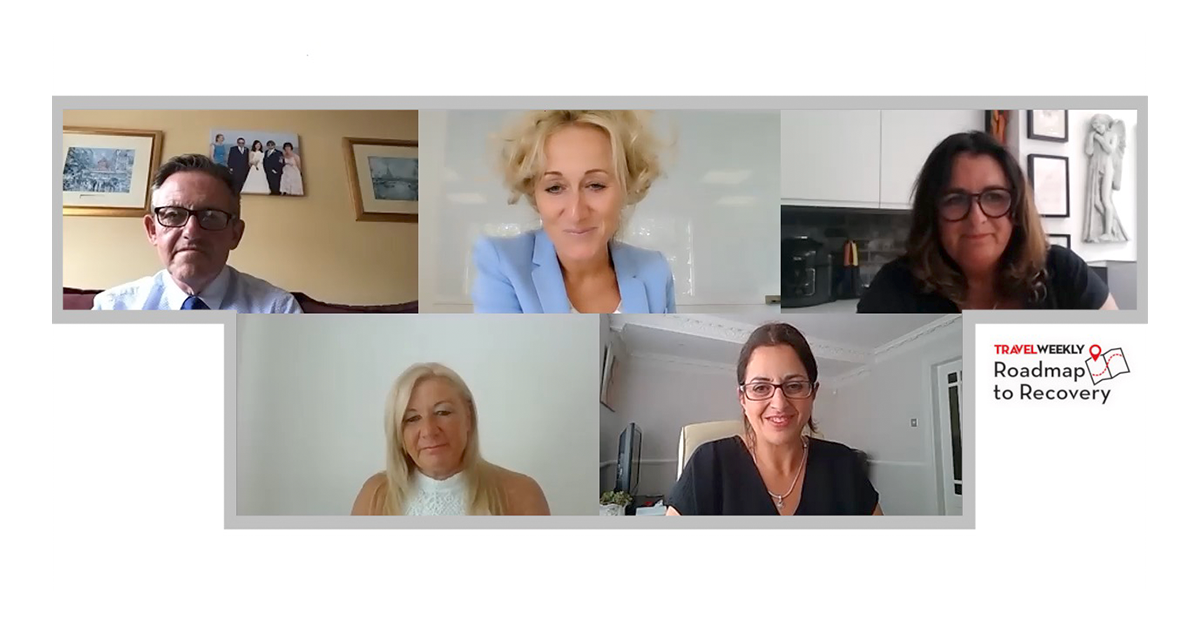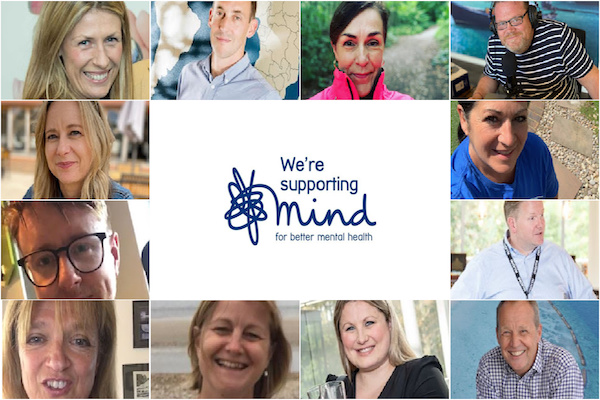Aito firms told to ‘get on with it’ and embrace diversity and inclusion
Operators encouraged to use toolkit after low take-up revealed

Aito members have been urged to embrace diversity, equity and inclusion (DEI) issues and “just get on with it” as it emerged take-up of the organisation’s DEI toolkit is very low.
Only two operators said they used the toolkit in a straw poll taken at The Specialist Travel Association’s summer general meeting in London on Tuesday (July 11).
Chairman Chris Rowles (pictured) said: “We should be embarrassed because there was so much work that went into these toolkits.”
More: Aito firms warned to avoid general ‘green’ statements in ads
Rowles said operators should be using the guidance, which was created by Aito’s DEI committee.
One of the sessions during the meeting was a ‘fireside chat’ on DEI between industry lawyer Ami Naru and Holiday Extras national retail manager Lindsay Garvey-Jones.
Asked how the industry is performing on DEI, Garvey-Jones said: “It’s not doing as well as it should, but I think there’s a genuine will and want.”
Gathering data is vital for companies wishing to improve, said Garvey-Jones, with anonymous surveys among the most useful tools.
“You need to engage with your folks to get that data back, perhaps by using [employee experience platform] Culture Amp,” Garvey-Jones added.
She recommended that companies should set up a taskforce to address DEI issues, but “fancy” job titles are unnecessary and companies should take firm action.
“Just bloody get on with it,” she said, adding: “You can’t effect change without taking action.”
Naru, Travlaw’s head of employment, said: “The worst thing you can do is talk the talk but not walk the walk. Take it in bitesize chunks and don’t engage in tokenism.”
She said DEI should not be used as a “weapon”, adding: “It’s a tool to help your business become more profitable.”
Garvey-Jones suggested that operators should introduce reverse-mentoring and also spoke about the importance of supporting neurodiverse staff.
“I’m hearing more and more that people are getting diagnosed later in life with autism or ADHD,” she said.
“They’re bringing added benefits to the workforce. People who have autism are really good at spotting patterns and they’re really good at data, but we don’t actually go out and recruit for them.”
She said job adverts should be drawn up in a way that attracts people who are neurodiverse.

 KickT
KickT 































